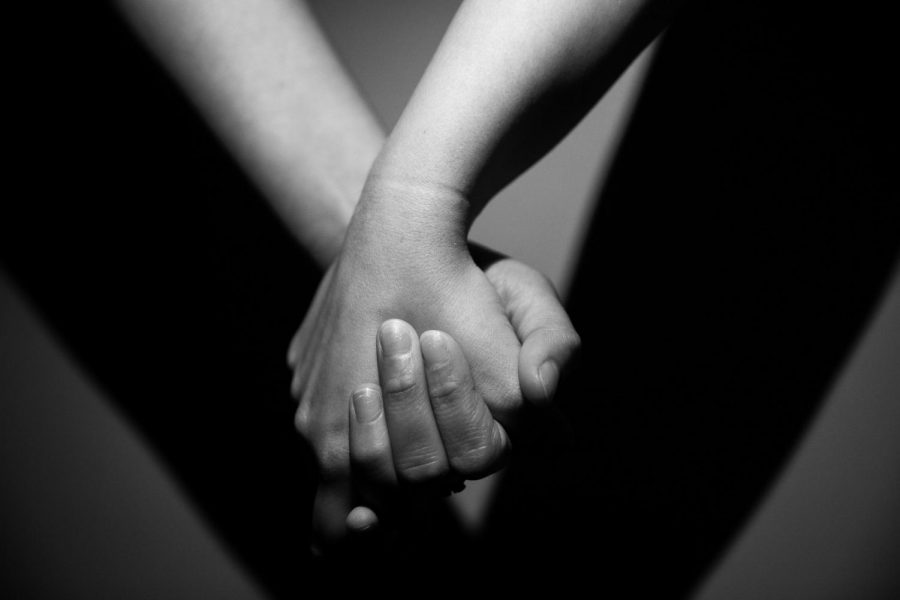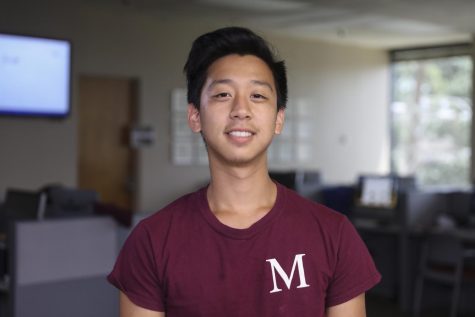Editorial: They dropped the case, but we won’t forget
February 2, 2020
The Loyola community is reeling at the news that the Orleans Parish District Attorney Leon Cannizzaro Jr. dropped the sexual battery charges against the former Loyola exchange student who was arrested in connection with an incident at The Boot last September.
And they should be.
According to the district attorney’s office, the charges were dropped because the alleged victim’s original statement did not match the video evidence provided by The Boot.
Much of the frustration with the dropped charges is rooted in the fact that Loyola’s own police chief, Todd Warren, openly and vehemently disagreed with the district attorney’s decision, saying he was “appalled.” Warren also told The Maroon he viewed the same evidence tapes, and said the parts of the tape that had convinced the district attorney to drop the charges were irrelevant to the witness’s original allegation.
It’s hard to have trust in a system of city policing and prosecution that our own police chief doesn’t think is protecting us.
Even assuming that the district attorney did make the right call in this case, it’s no secret that Cannizzaro Jr. has had little success with cases like these over his last twelve years in the position.
An analysis conducted for the New Orleans City Council late last year reported charges were dropped in almost 90% of misdemeanor domestic violence cases. Cannizzaro Jr. provided an explanation, saying that there are significant challenges in trying these complicated cases, due to victims’ reluctance to testify.
Still, there’s an unfortunate sense of finality to this sexual battery charge being dropped.
This case had video evidence, yet the charges were dropped. It seems unlikely now that we will ever get answers about those first two sexual assaults and the slew of reported druggings that were also initiated at The Boot.
Warren said he hasn’t heard any updates on either reported sexual assault from New Orleans Police Department.
There are still three reported cases of unsolved sexual crimes and, now, no suspects. There are still three women who have spent the last few months picking up the pieces of their broken trust, trying to rebuild some sense of bodily autonomy. There is still a community of college students whose minds flash with mugshots and nightmarish headlines when they head out for a night at local bars. There is still a group of young women who wonder if they will be the next Jane Doe in tomorrow’s crime brief.
And there are still no answers.
It’s hard to grapple with this reality. As journalists, we at The Maroon understand the fundamental desire to have the answer to every question, the solution to every puzzle, the closure of every case. But sometimes, the ending is an incomplete one. And sometimes all we can do is turn to each other to muddle through the questions together.
While Cifuentes’ case as well as the reported assaults and druggings have lead to some skeptical comments about local authorities, popular bars, and even our fellow classmates, we have a chance in this time of questions and criticism to stand together. And we have people in power to help us.
Not all private universities can say that their police chief has been open and transparent with their student paper about sexual crimes and their frustration with city officials.
Loyola can.
Chief Todd Warren time and time again has offered messages of support to victims and made public statements about the reality of working with NOPD on investigations in sexual assault cases. Despite decisions being made beyond his control, he has stood steadfast with Loyola students.
Not all Catholic universities can say that their university president has a history of representing and advocating for sexual assault victims.
Loyola can.
In President Tania Tetlow, we have a former federal prosecutor whose work focused on sexual misconduct.
Tetlow recently told The Atlantic: “It’s a sad sort of progress that we now believe victims when the 40th or 50th victim comes forward.”
We understand that a strong community and supportive comments are not a magic wand that will heal the pain and reverse the trauma of the past few months. But they are a start. They may have dropped the case, but we can rely on each other.









Ellen Byron • Feb 3, 2020 at 12:23 am
Excellent editorial. I beg Loyno students and faculty to rise up and physically protest the lack of progress in these cases. If you don’t make some noise, all will be forever silent.